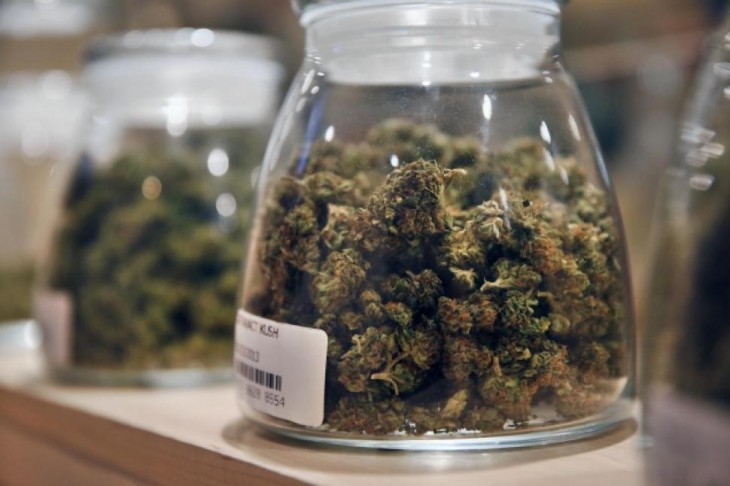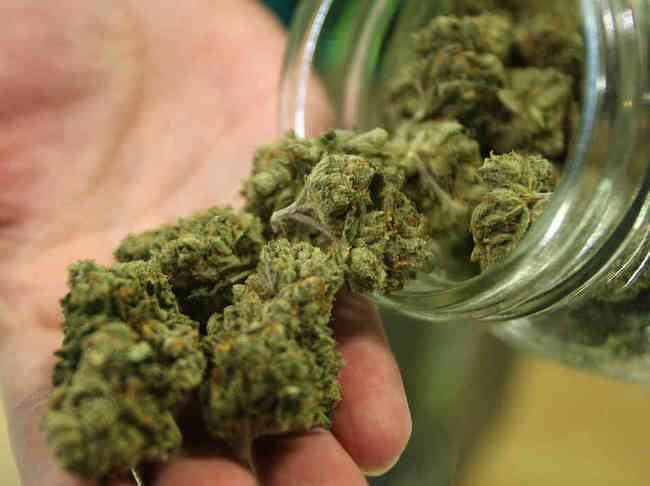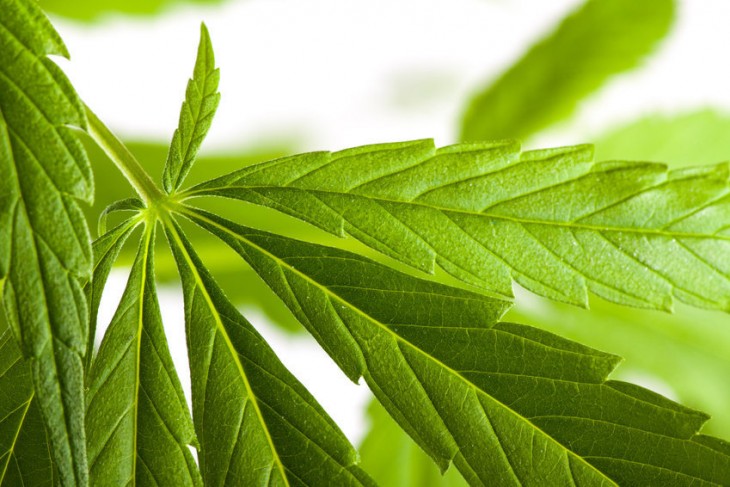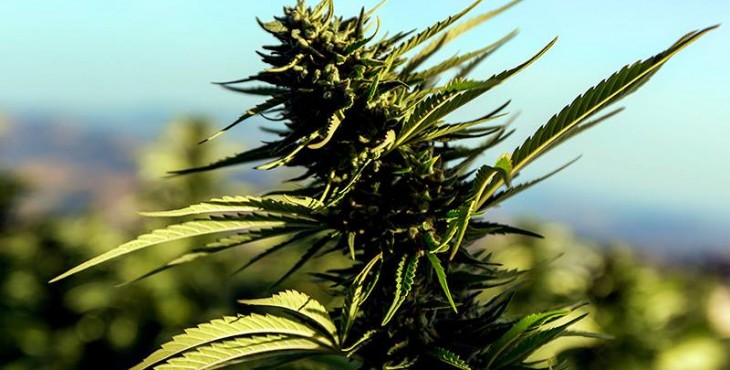Cannabinoids, as we know, are chemicals that are produced in the marijuana flower. Once they are in the body, they act on the central nervous system imitating like the naturally occurring molecules of human body-endocannabinoids. They bind to the cannabinoid receptors that are present in the brain facilitating the communication between cells, thereby affecting everything right from memory to pain, from pleasure to responses.
Today the cannabis connoisseurs have no doubt that marijuana is not about THC (tetrahydrocannabinol) alone. There are some 66 different cannabinoids present in marijuana that can influence the flavours and effects of marijuana.
CBD (Cannabidiol) today is as common as THC in the medicinal marijuana community for its powerful physical effects. It is found effective for the treatment of pain, inflammation, epilepsy, and stress. Doctors are finding it useful in treating nausea that is commonly associated with chemotherapy and calms those suffering from anxiety.
CBG (Cannabigerol) is the precursor to THC, CBD, CBC, and all others. Thus, if we need to thank anything for the medicinal effects of marijuana then it is this CBG. It hinders the uptake of GABA (gamma-aminobutyric acid) in the brain, thus acting as a muscle relaxant.
CBC (Cannabichromene) is there in most of the strains in small amounts. Though its medicinal effects are similar to CBD, it is 10 times more effective for treating anxiety and stress than CBD as it lingers for long in the bloodstream and hence has long-lasting effect. It is known to slower the growth of the tumour, eases headaches, and stimulates bone growth. It also possesses antibacterial and anti-fungal properties. A study at the University of Mississippi actually depicts that CBC even promotes brain growth, which is phenomenal.
CBN (Cannabinol) is obtained when THC meets oxygen. It is a very powerful sedative and thus effective in treating insomnia and nerve pain. There is a study that shows it is a promising candidate for the treatment of glaucoma patients.
THCV (Tetrahydrocannabivarin) is a close relative of THC. Structurally, both THVC and THC are nearly identical, but are synthesised differently in the marijuana plant. The major difference between the two is that while THC induces the munchies, THCV suppresses the appetite. Hence, its use as anti-obesity drug is under investigation.
Those who smoke marijuana are mostly aware of only THC as it gives the high, but there are many besides THC that are helping the medical community cure people.









